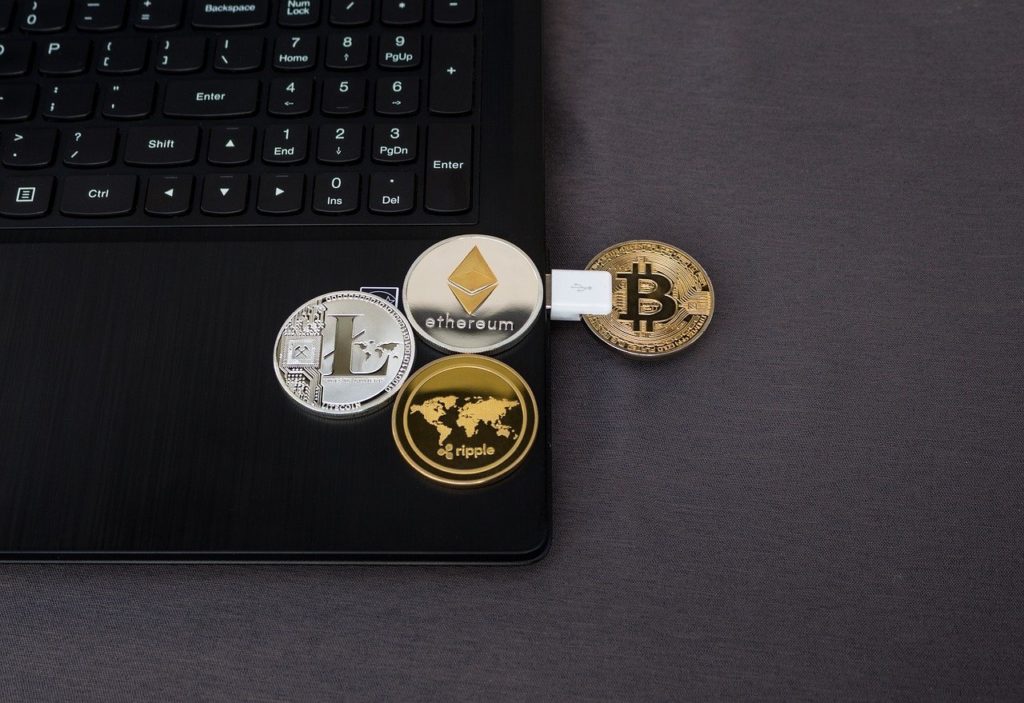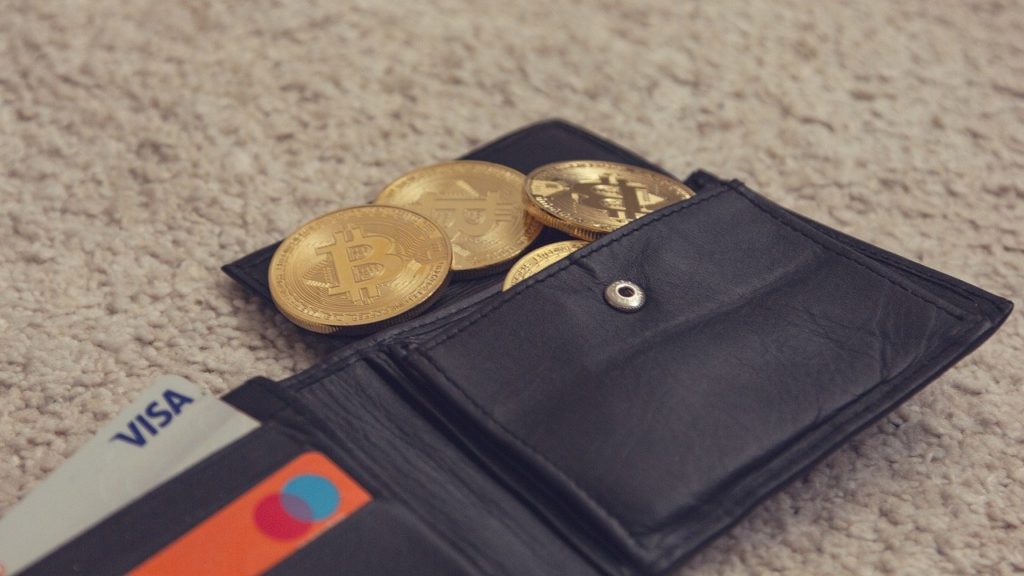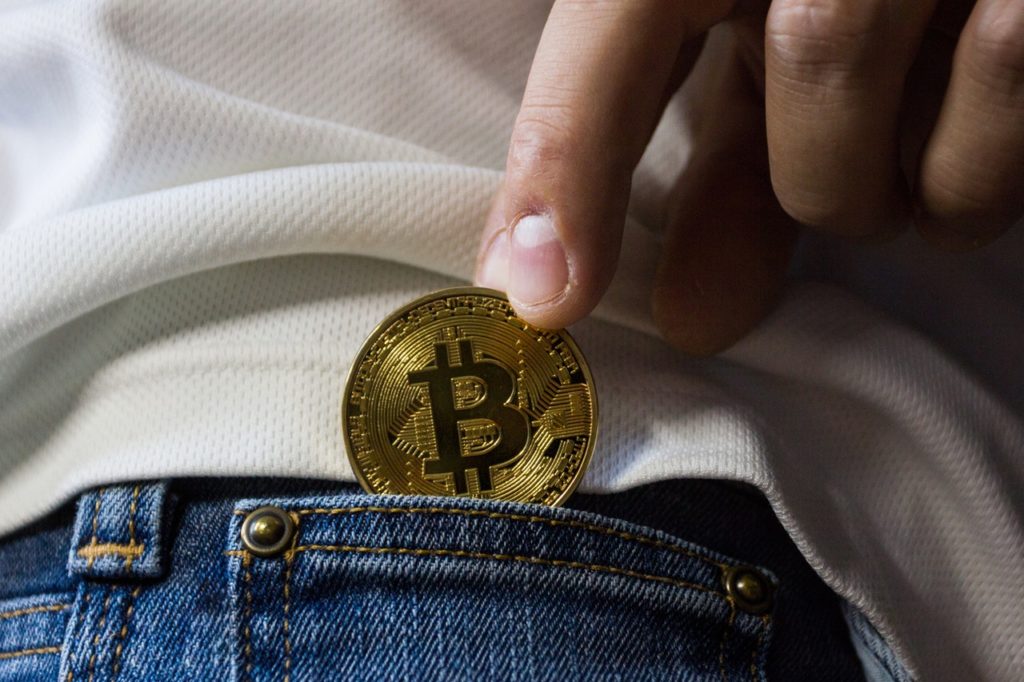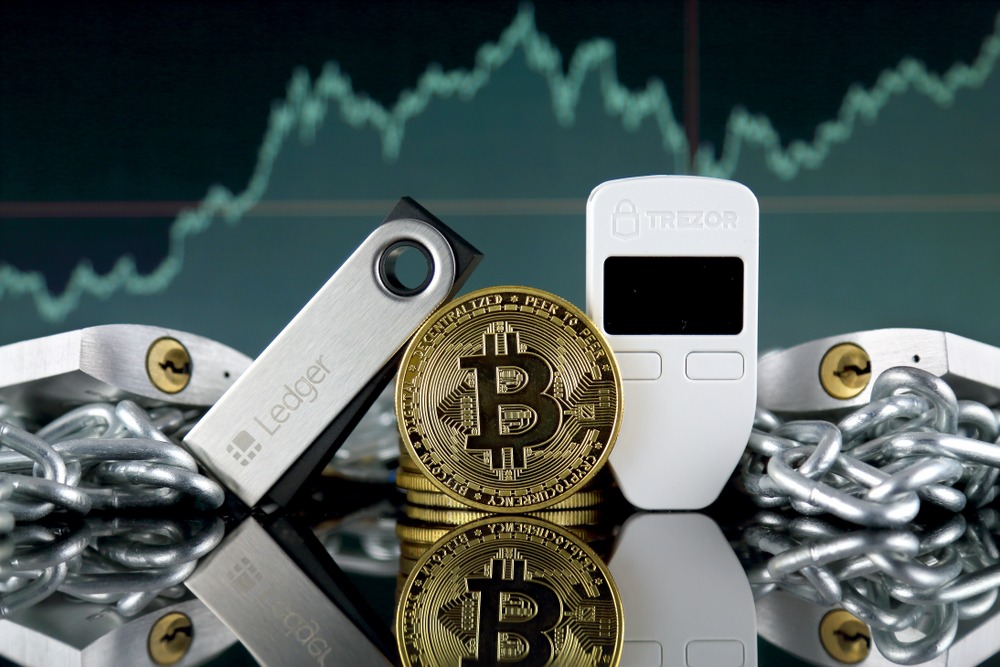What Precisely is a Cryptocurrency Wallet?
A crypto wallet is a tool for connecting to a blockchain network. The three primary types of cryptocurrency wallets are software, hardware, and paper wallets. They are classified as either hot or cold wallets, depending on how they operate.
Software wallets are easier to use than hardware wallets. Hardware wallets provide the most protection. Paper wallets are made up of a “wallet” printed on a sheet of paper, but they are outdated and unreliable.
What Exactly are Bitcoin Wallets, and How do they Work?
Crypto wallets, contrary to popular belief, do not really hold cryptocurrencies. Rather, they provide you with the necessary tools for interacting with a blockchain. Digital wallets generate the data required to send and receive Bitcoin through blockchain transactions. One or more pairs of public and private keys are among the components offered in such information.
The wallet also contains an address, which is an alphanumeric identifier created using public and private keys. The term “address” refers to a unique “location” on the blockchain where coins can be sent. This means that while you can give out your address to receive payments, you should never give out your private key.
Regardless of the wallet you use, the private key gives you access to your Bitcoin. As a result, even if your computer or smartphone is hacked, you may still access your funds on another device if you have the private key (or seed phrase).
The coins are never truly removed from the blockchain; rather, they are just moved from one address to another.
Wallets that are Cold vs Wallets that are Hot
As previously stated, cryptocurrency wallets can be classified as “hot” or “cold” depending on how they operate. Any wallet that is connected to the Internet in some way is considered a hot wallet. Traders and other frequent users will appreciate how simple it is to set up and use these wallets, as well as how rapidly money can be accessed.
Cold wallets, on the other hand, have no Internet connectivity. Instead, they store the keys on a physical medium that is impervious to Internet assault. As a result, cold wallets are a much safer way to “store” your money. Long-term investors, sometimes known as “HODLers,” will gain from this method, also known as cold storage.
Binance only keeps a tiny number of currencies in its hot wallets to protect customers’ money. The rest is held in cold storage and cannot be accessed over the Internet.
It’s a decentralized trading platform that lets you trade directly from your clients’ cold storage devices while keeping complete control of their private keys (hardware wallets).

Computer Software Wallets
Software wallets are available in a wide range of shapes and sizes, each with its own set of functionality. The great majority of them are connected to the Internet in some way (hot wallets). Web, desktop, and mobile wallets are the three most common and important forms of wallets.
Wallets can be Found on the Internet
Web wallets allow you to access blockchains straight from your browser without having to download or install anything. This includes both exchange wallets and other browser-based wallet providers.
Most wallets allow you to create a new one and encrypt it with a password of your choice. Certain service providers, on the other hand, hold and manage your private keys on your behalf. While this may be more convenient for inexperienced users, it is a risky practice.
You’re giving your money to someone else if you don’t keep your private keys. To address this issue, many web wallets now provide you the choice of managing your keys totally alone or sharing management with others (via multi-signatures). As a result, you must examine each wallet’s technological approach before deciding which is best for you.
Consider a range of security techniques when utilizing bitcoin exchanges. Device management, multi-factor authentication, anti-phishing code, and withdrawal address control are just a few of the security features available on the Binance Exchange.
Desktop Wallets are Those that are Made to be Used with a Computer
As the name implies, a desktop wallet is software that you download and run locally on your computer. Desktop wallets, unlike other web-based wallets, provide you complete control over your keys and funds.
A file named “wallet.dat” is saved locally on your computer when you establish a new desktop wallet. You should encrypt this file with a personal password because it contains the private key information needed to access your Bitcoin addresses.
If you encrypt your desktop wallet, you’ll have to enter your password each time you run the software to allow it to read the wallet.dat file. You will most likely lose access to your money if you lose this file or forget your password.
As a result, it’s critical to make a backup of your wallet.dat file and keep it secure. You can also export the private key or seed phrase associated with the private key. You’ll be able to access your funds on other devices if your computer fails or becomes unavailable for some reason.
In general, desktop wallets are considered to be safer than most web wallets; however, make sure your computer is virus-free before downloading and using a cryptocurrency wallet.
Mobile Phone Wallets Offer Flexibility with a Security Risk
Mobile wallets are similar to desktop wallets, except that they are specially developed for smartphones. These are quite useful since they allow you to transmit and receive bitcoins by scanning QR codes.
As a result, mobile wallets are well-suited to everyday transactions and payments, making them a viable choice for spending Bitcoin, BNB, and other cryptocurrencies offline. A prominent example of a mobile crypto wallet is Trust Wallet.
Mobile devices, like PCs, can be infiltrated by rogue software and viruses. As a result, in the event that your phone is stolen or damaged, password-protecting your mobile wallet and backing up your private keys (or seed phrase) is a good idea.

Metal Wallets come in a Wide Range of Shapes and Hues
Hardware wallets are physical electronic devices that produce public and private keys using a random number generator (RNG). The keys are then saved locally on the device that isn’t connected to the Internet. As a result, hardware storage is known as a “cold wallet” and is considered one of the safest options.
While digital wallets provide improved protection against online dangers, they can nevertheless be risky if the firmware is not properly loaded. Hardware wallets are also less user-friendly than hot wallets, and money access is more complicated.
You can utilize Binance DEX to link your device directly to the trading platform to overcome the lack of accessibility. Because the private keys never leave your device, this is a safe way to access your funds. Several online wallet service providers offer a similar option that allows consumers to connect their hardware wallets to their browser interface.
If you plan to keep your Bitcoin for a long time or have a considerable amount of it, you should utilize a hardware wallet. Most hardware wallets now allow you to generate a PIN number to protect your wallet as well as a recovery phrase in case it is misplaced.
Paper Wallets are a Type of Wallet that is Made of Paper
A paper wallet is a piece of paper with a crypto address and a private key printed on it in the form of QR codes. To finalize Bitcoin transactions, these codes must be scanned.
While you’re offline, some paper wallet websites allow you to download their code to generate new addresses and keys. As a result, these wallets are very resistant to cyber-attacks and could eventually replace cold storage.
Paper wallets, on the other hand, are now considered hazardous and should be avoided for a number of reasons. You should be informed of the risks if you insist on using it. Paper wallets have a key drawback in that they aren’t designed to transport money in small amounts; instead, the entire amount must be transferred at once.
Consider the following scenario: you built a paper wallet and financed it with 10 BTC over the course of several transactions. To spend 2 BTC, first send all ten coins to a different wallet (such as a desktop wallet), and then spend only a portion of the cash (2 BTC). The 8 BTC can be transferred to a new paper wallet later, but a hardware or software wallet is a better option.
The leftover coins will be delivered to a “change address” issued by the Bitcoin protocol if you import your paper wallet private key into a desktop wallet and only use a portion of the money. You will almost certainly lose your money if you do not manually set the change address to one that you control.
Most software wallets now take care of the change for you, forwarding any remaining bitcoin to a wallet address. The crucial thing to understand is that your paper wallet will be empty after your first transaction, regardless of the amount. As a result, don’t expect another appearance very soon.

Backups and Their Importance
It’s possible that losing access to your Bitcoin wallets will cost you a lot of money. As a result, it’s critical to back up your files on a regular basis. To do this, backups of wallet.dat files or seed phrases are performed on a regular basis. A seed phrase works in the same manner that a root key does, generating and allowing access to all keys and addresses in a crypto wallet. If you use password encryption, be sure you have a backup of your password. In the case of Ethereum wallets, the same may be true.
Last Thoughts
Cryptocurrency wallets are required to use Bitcoin and other cryptocurrencies. They’re one of the most fundamental pieces of infrastructure that allow blockchain networks to send and receive money. Each wallet type has its own set of advantages and disadvantages, so it’s important to know how they work before sending money.
[cryptocalctabbed]
